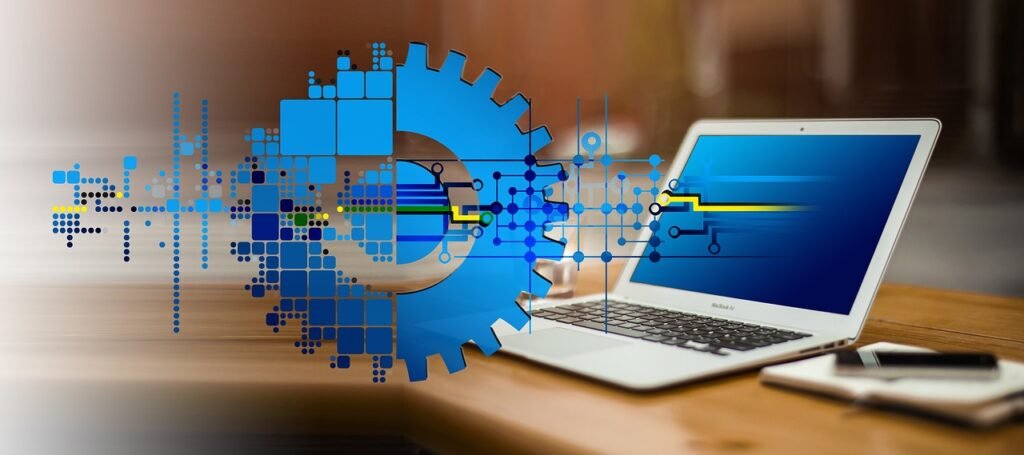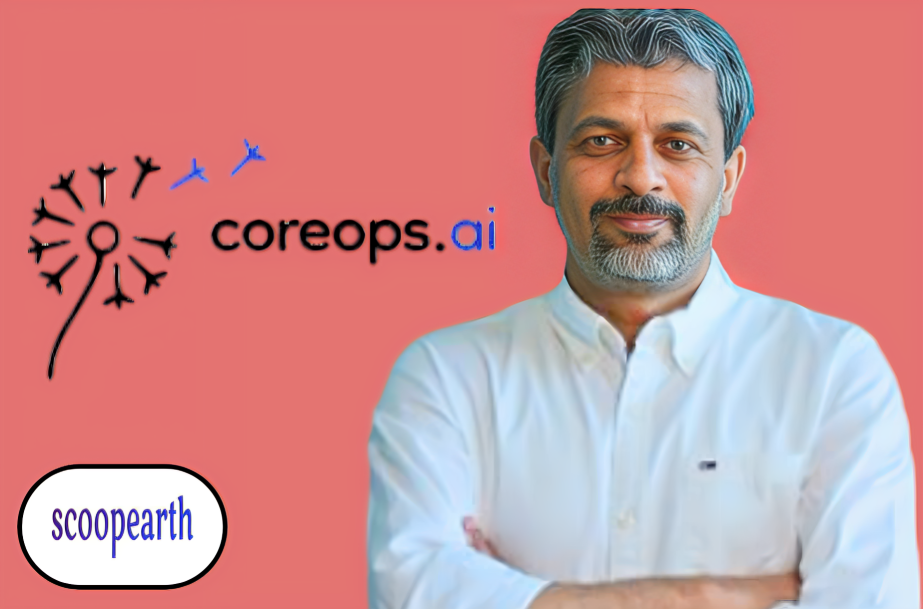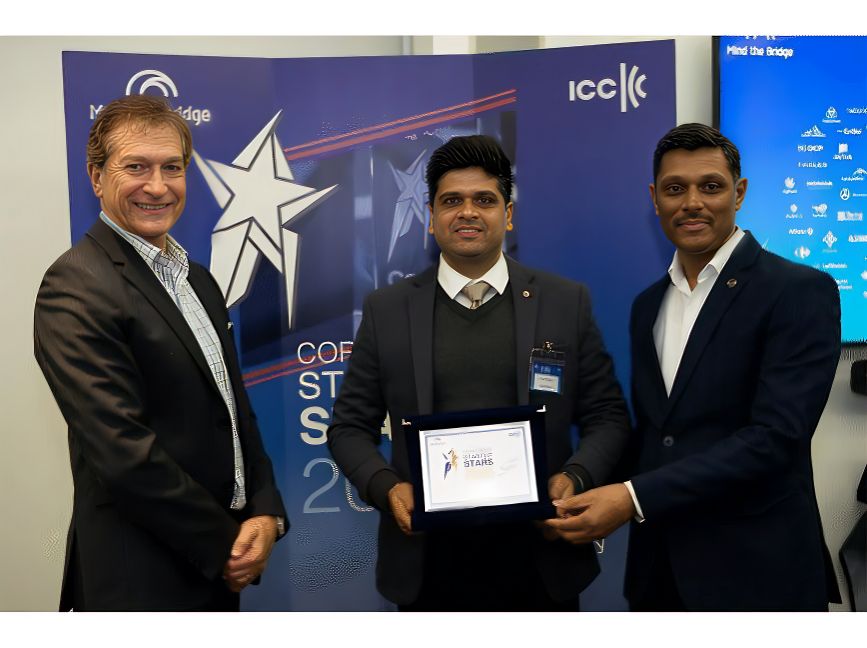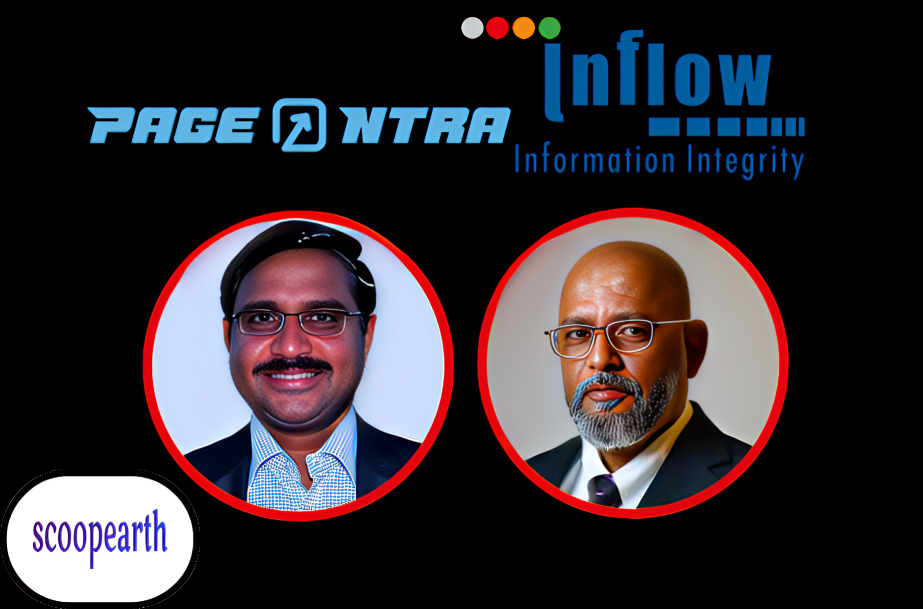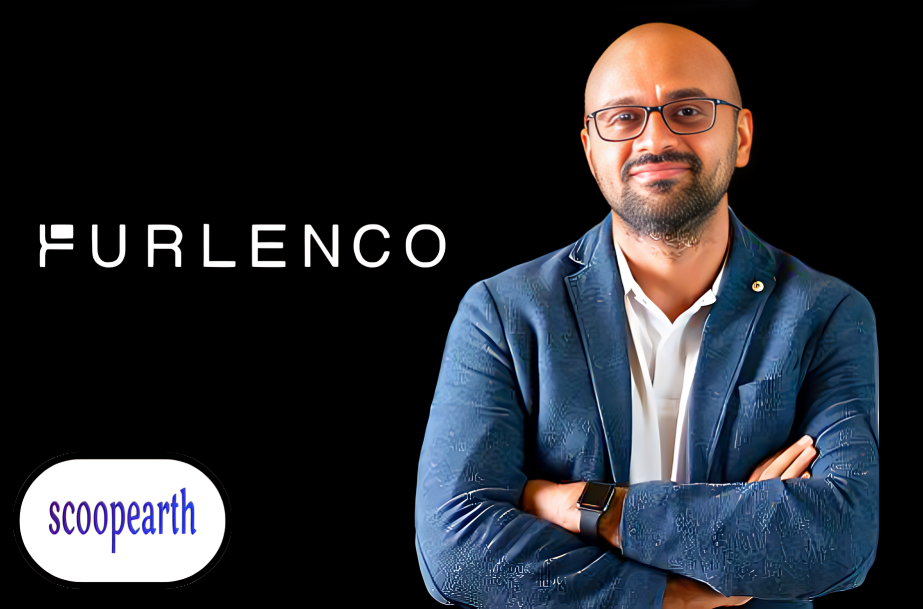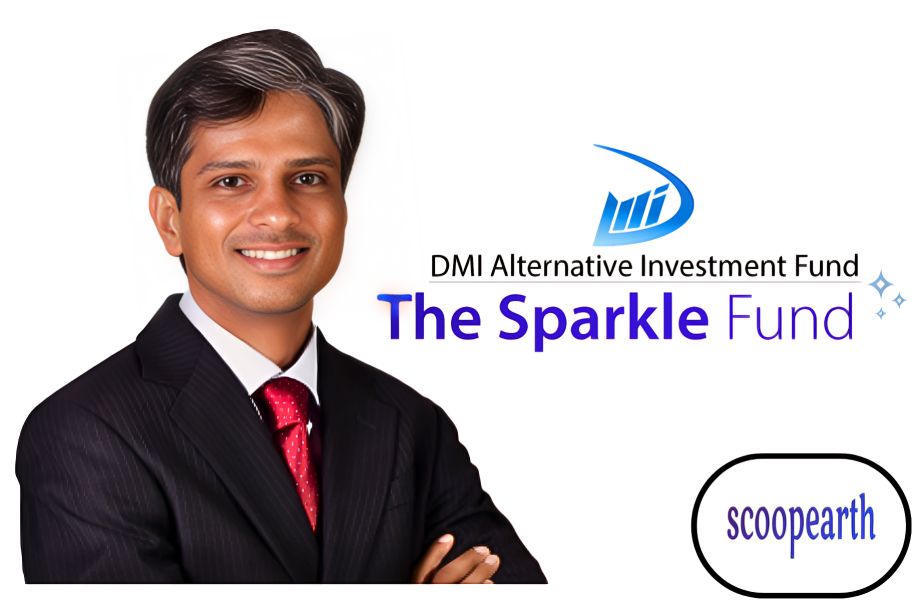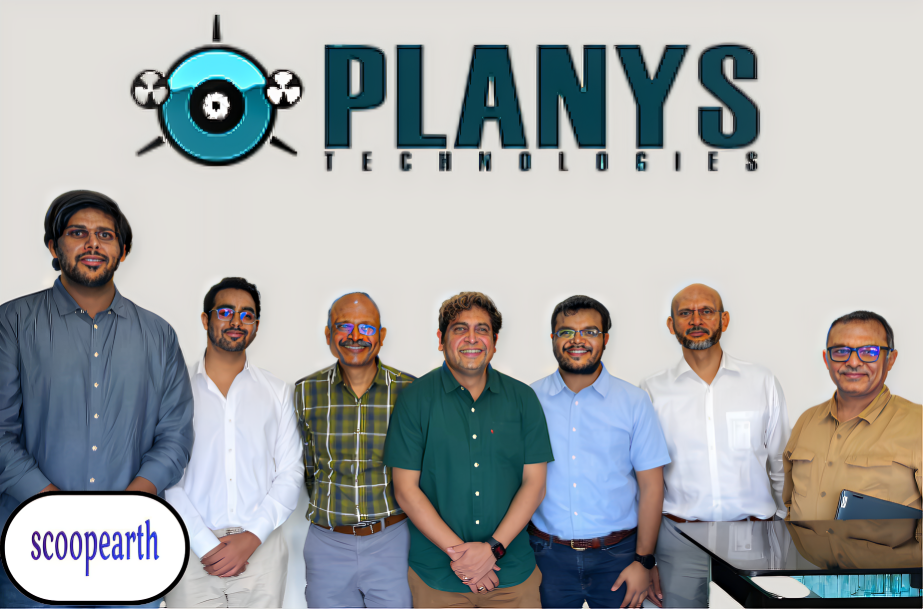How Kaushik Mudda’s Ethereal Machines is Giving India a Global Edge in Precision Manufacturing
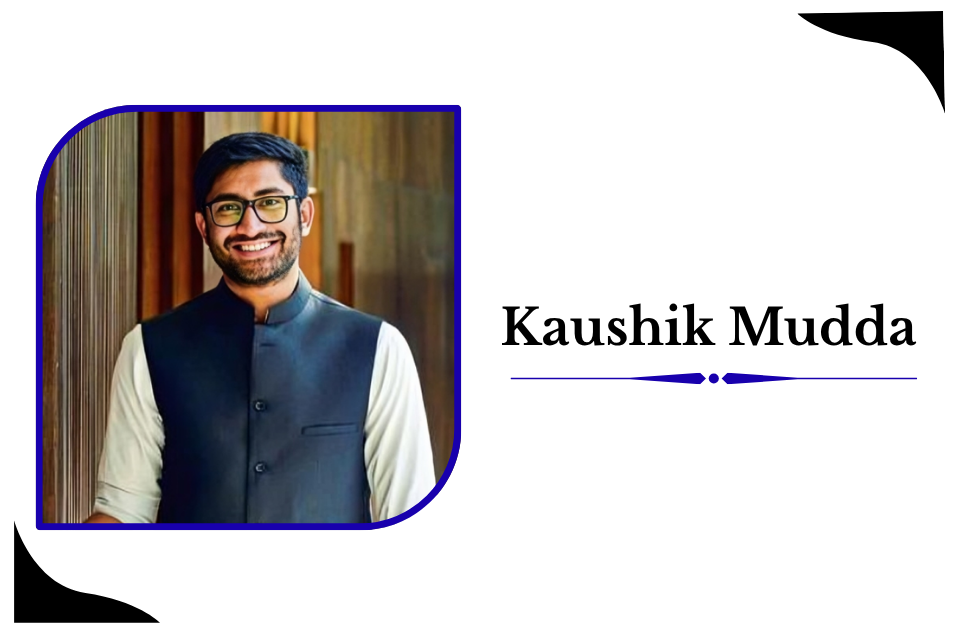
SUMMARY
Introduction:
Precision manufacturing is key to modern industry. It makes sure that everything from airplane parts to tiny pieces in your phone fits and works just right. Even a tiny mistake can lead to big safety and reliability issues, especially in fields like aerospace, cars, and electronics. Now, let’s explore Ethereal Machines, an Indian startup that’s making a strong impact in precision manufacturing. This company has transformed how India competes globally by developing smarter tools and solutions for producing high-quality products. In this article, we’ll examine how Ethereal Machines, under Kaushik’s leadership, is helping India stand out worldwide, its growth, and its influence on the Indian startup scene.
Journey of Ethereal Machines:
Ethereal Machines was born from a simple idea of making precision manufacturing easier and affordable for Indian businesses. The startup was introduced in 2014 after Kaushik Mudda saw a problem and realized that Indian manufacturers needed a boost. Many small and medium-sized companies were stuck with old tools that couldn’t keep up with global competitors. These manufacturers were not able to have advanced machines due to high prices, and Mudda decided to fix that.
He then thought of developing tools that are both affordable and precise. This sparked an idea and led to the birth of Ethernal Machines. The company started by developing Computer Numerical Control (CNC) machines. They are tools guided by computers to cut and shape materials like metal and plastic with precise accuracy. Ethereal aimed to make India a leader in the manufacturing industry.
Overcoming struggles
Starting a company like Ethereal Machines was not easy, especially when it was the first of its kind in India. Kaushik Mudda had to take some challenges to reach this level of success. The biggest problem was money; building high-tech machines requires a lot of cash, and convincing investors to back a new name in industry is the biggest challenge.
Mudda mentioned that he had to explain what CNC stands for; investors even used to ask them about precedents or market studies, but there was no precedent cause nobody had done this in India before. Even without investors, he didn’t give up and spent long hours pitching his ideas. With time, he gained believers in his vision and slowly funding came, allowing the company to start operations.
However, finding skilled workers was another hurdle. Precision manufacturing needs top talent, but this was never attempted in India before, so there was no talent to recruit. Ethereal tackled this problem by teaming up with universities and offering training programs with hands-on experience to build a strong, skilled, and loyal team.
With growing demand and customer base for their machines, Ethereal faced a scaling challenge. They had to figure out a way to grow production without letting quality slip. They built their own workshops and streamlined their supply chain. This move turned them from a small startup to a serious player.
Pivot to a service-first business model
Even though Ethereal created its five-axis machines at almost half the price of global competitors, they were not able to sell them due to trust issues. Kaushik said that even if people see it working perfectly fine, they would say an Indian company can’t create a multi-axis CNC Machine and it won’t work. They were yet again hit with another challenge as people were making impossible terms like paying only for a year.
While trying to find a solution to this problem, Kaushik had an idea of a service-first approach. The company then pivoted and, instead of selling machines, started to provide precision manufacturing as a service. Ethereal used their own machines to create parts and deliver quality products without customers having to invest in expensive equipment. The desperate pivot attempt to save the startup came as the turning point. It turned Ethereal Machines into a partner for innovation while helping smaller players compete with bigger businesses.
Impact on India’s startup ecosystem
Ethereal Machines has put India on the map by taking on the big players in precision manufacturing. They’ve created jobs and inspired other dreamers to take risks and think big. Their approach is a game-changer for small businesses and startups, giving them access to top-notch tools at an affordable price. Ethereal Machines boosts innovation and growth, while strengthening India’s economy.
What makes Ethereal Machines special?
What sets Ethereal Machines apart from other average manufacturing companies is its software, which helps machines work smarter. This was a boon for industries like medical devices and aerospace. These custom programs can spot and fix mistakes before they happen.
They also enhance designs by learning from previous ones to improvise the next one and get better over time. The software ensures that everything comes out perfect. Ethereal Machines combines its traditional CNC machine technique with 3D printing to create more precise and cost-effective parts.
The thing that makes Ethereal different from others is its Computer Numerical Control machines. These are multi-axis machines, which means that they can move in multiple directions at once. This feature allows them to craft complex shapes and cut them with incredible accuracy that simpler machines can’t handle.
FAQs:
Who are the founders of Ethereal Machines and how did they start?
Ethereal Machines was co‑founded by Kaushik Mudda and Navin Jain in Bengaluru after building their first CNC machine in 2015 using ₹1.75 lakhs and robotics competition winnings. Their dorm‑room project evolved into India’s first 5‑axis CNC startup.
What are the key innovations of Nimbus, Ethereal Machines’ 5‑axis CNC system?
Nimbus achieves ±4 µm linear and 5 arc‑second rotary accuracy with closed‑loop feedback on all axes, allowing it to machine aluminium, titanium, Inconel, copper and more within single-cell lights‑out setups.
Why did Ethereal pivot to Manufacturing-as-a-Service (MaaS)?
The founders discovered early reluctance from buyers to purchase expensive machines. By offering precision parts on demand via MaaS, they lowered entry barriers and built trust through consistent quality delivery.
Which industries does Ethereal Machines serve, and to which markets?
Ethereal serves high‑tolerance sectors including aerospace, healthcare, electronics, and EV components, exporting to global customers in the U.S., Europe, Israel and India.
What support and traction has Ethereal generated through funding and scale?
In June 2024, Ethereal raised $13 M Series A led by Peak XV and Steadview. Since then, they’ve expanded from 7 to over 60 machines across a 55,000 sq ft facility, with revenue growing fivefold. A ~250,000 sq ft factory is in development.
How does Ethereal guarantee consistency, traceability, and quality in production?
Nimbus logs every operation and prints QC-certified performance reports. Each pass is traceable, eliminating subcontractor variability and ensuring repeatable accuracy directly under one roof.
Note: We at scoopearth take our ethics very seriously. More information about it can be found here.




